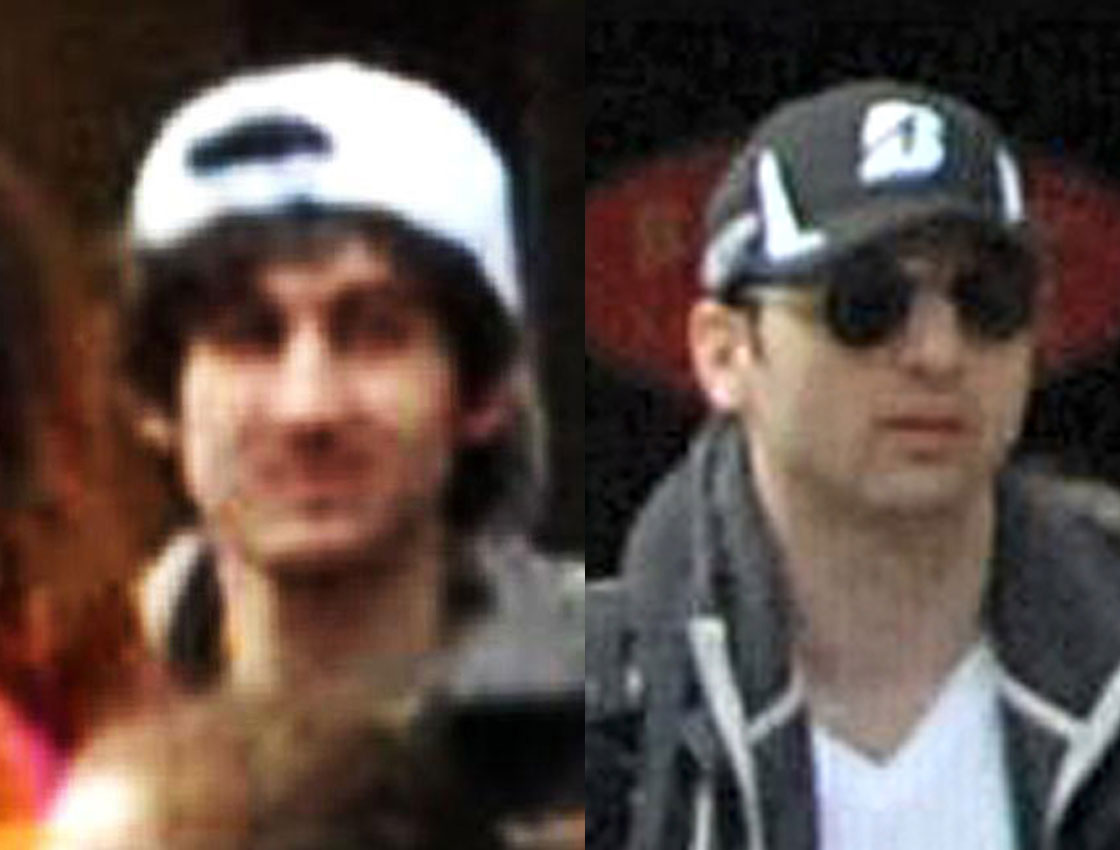MAKHACHKALA, Russia – Militants from Chechnya and other restive provinces in Russia’s volatile North Caucasus have targeted Moscow and other areas with bombings and hostage-takings, but if it turns out that the suspects in the Boston bombings are linked to those insurgencies it would mark the first time the Russian conflict had spawned a major terror attack in the United States.

The suspects were identified by law enforcement officials and family members as Dzhokhar and Tamerlan Tsarnaev, ethnic Chechens with ties to the Russian region. There was no immediate information of their links, if any, to any insurgent group.
Tamerlan Tsarnaev, 26, was killed in a gun battle with police in Massachusetts overnight, officials said. His 19-year-old brother escaped.
Before moving to the United States, Dzhokhar Tsarnaev lived briefly in Makhachkala, the capital of Dagestan, a predominantly Muslim republic that has become the epicenter of the Islamic insurgency that spilled over from Chechnya. On his page on the social networking site VKontakte, Tsarnaev said he attended School No. 1 from 1999 until 2001.
The principal of School No. 1 in Makhachkala, Irina Bandurina, told the AP that Tsarnaev left for the U.S. in March 2002.
The suspects’ father, who lives in Makhachkala, told the AP his younger son was a second-year medical student and “a true angel.”
The conflict in Chechnya began in 1994 as a separatist war, but quickly morphed into an Islamic insurgency dedicated to carving out an independent Islamic state in the Caucasus.
Russian troops withdrew from Chechnya in 1996 after the first Chechen war, leaving it de-facto independent and largely lawless, but then rolled back three years later following apartment building explosions in Moscow and other cities blamed on the rebels.
Chechnya has stabilized under the steely grip of Kremlin-backed local strongman Ramzan Kadyrov, a former rebel whose forces have been accused of massive rights abuses. But the Islamic insurgency has spread to neighbouring provinces, with Dagestan, sandwiched between Chechnya and the Caspian Sea, becoming the epicenter of violence with militants launching daily attacks against police and other authorities.
Militants from Chechnya and neighbouring provinces have carried out a long series of terror attacks in Russia, including a 2002 hostage-taking raid in a Moscow theatre, in which 129 hostages died, a 2004 hostage-taking in a school in the southern city of Beslan that killed more than 330 people, and numerous bombings in Moscow and other cities.
Visit NBCNews.com for breaking news, world news, and news about the economy
The Obama administration placed Chechen warlord Doku Umarov on a list of terrorist leaders after he claimed responsibility for March 2010 double suicide bombings on Moscow’s subway that killed 40 and a November 2009 train bombing that claimed 26 lives.
In recent years, however, militants in Chechnya, Dagestan and other neighbouring provinces have largely refrained from attacks outside the Caucasus.
Russian officials and experts have claimed that rebels in Chechnya had close links with al-Qaida. They said that dozens of fighters from Arab countries trickled into Chechnya during the fighting there, while some Chechen militants have gone to fight in Afghanistan.
The U.S. has long urged Russia’s government and separatist elements in Chechnya not aligned with al-Qaida or other terrorist organizations to seek a political settlement.
Washington provided aid to the area during the high points of fighting in the 1990s and in the early 2000s, and has demanded human rights accountability.
But the U.S. always backed the territorial integrity of Russia, never endorsing the separatists’ desire for an independent state. And it has supported Russia’s right to root out terrorism in the region.
In recent years, people from Chechnya have faced charges in several European countries.
In 2011, a Chechen-born man was sentenced in Denmark to 12 years in prison for preparing a letter bomb that exploded as he was assembling it in a Copenhagen hotel a year earlier.
Lors Doukayev, a then 25-year-old, one-legged resident of Belgium, was wounded when assembling the device, which is believed also to have been intended for the Jyllands-Posten newspaper, which published controversial cartoons of the Prophet Muhammad. No one else was injured. The letter was filled with steel pellets and contained triacetone triperoxide, or TATP, which terrorists used in the bombs that killed 52 people in London in 2005.
Last month, Spain’s Interior Ministry said French and Spanish police arrested three suspected Islamic extremists in an operation in and around Paris. A statement said the suspected activists were of Chechen origin and believed to be linked to an alleged terror cell dismantled last August in southern Spain. The cell was suspected of planning attacks in Spain and elsewhere in Europe.
Two suspects, Elsy Issakov and Mourad Idrissov, were arrested in Paris and a third, Ali Dokaev, was detained in the town of Noyon, northeast of the French capital. The arrests took place Feb. 26.
In August, two Russians arrested in the southwestern Spanish city of La Linea were charged with belonging to an unnamed terror organization and possession of explosives.
—
Isachenkov reported from Moscow. Bradley Klapper in Washington contributed to this report.



Comments